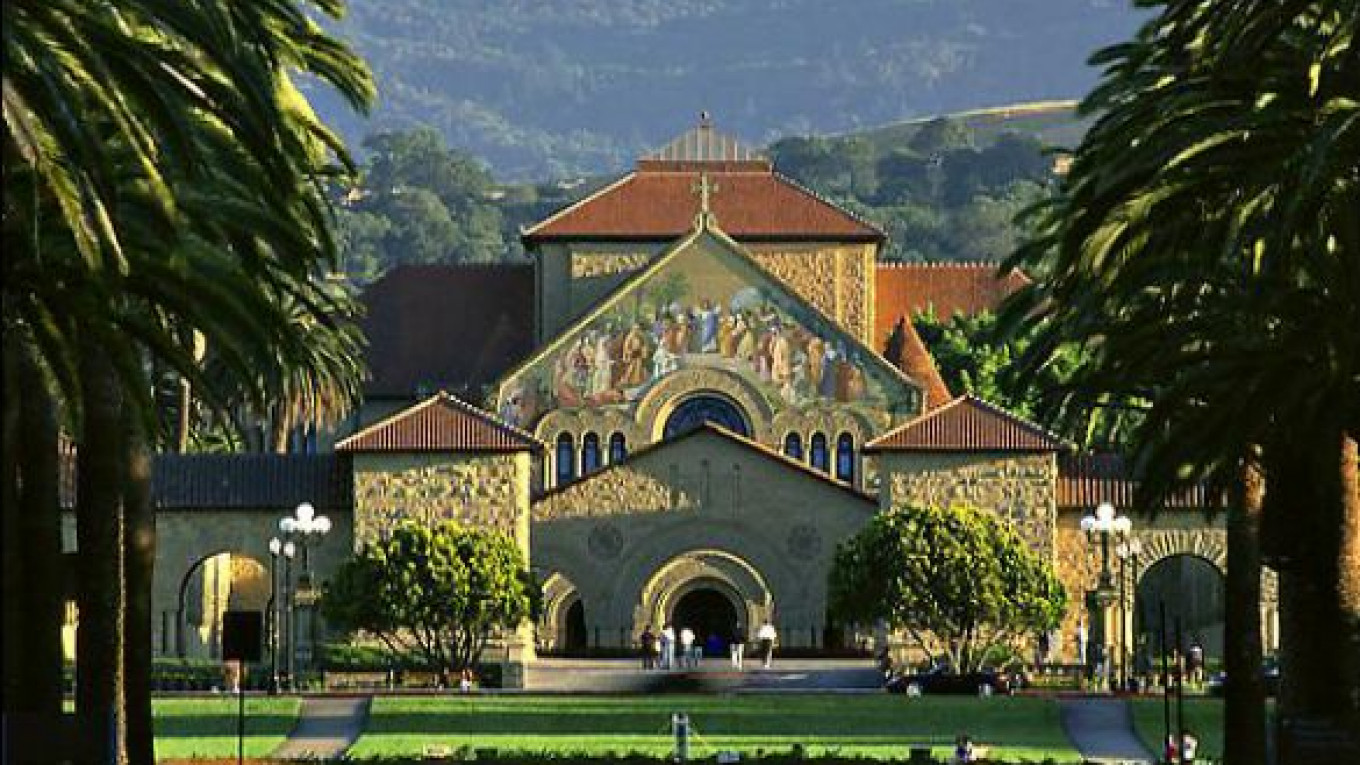Diplomas from 210 foreign universities will now be acknowledged in Russia without an additional state evaluation, according to a government order Friday by Rossiiskaya Gazeta.
The selected universities, which represent 25 countries, have been featured on such lists as the Academic Ranking of World Universities, the QS World University Rankings and the Times Higher Education World University Rankings.
The government-approved list includes world-renowned top-tier schools as well as obscure midlevel ones.
Britain's Cambridge, Oxford and York universities and famous American institutions including Yale University and Massachusetts Institute of Technology stand side by side with an assortment of U.S. state schools and outliers like Rensselaer Polytechnic Institute.
Most of the selected schools are in North America: 66 American and 14 Canadian. Then comes Europe, with 28 in Britain and 61 in other European countries. Third is Asia, with 11 Chinese, nine Japanese and three South Korean.
The breakdown of European universities whose diplomas will now be recognized in Russia looks like this: 13 German, 10 Dutch, seven Swedish, six Swiss, five French, five Belgian, three Italian, three Danish, three Norwegian, two Spanish, two Austrian, one Irish and one Finnish.
The other universities on the list include eight in Australia, three in Israel, two in Brazil, two in New Zealand, two in Singapore and one in South Africa.
Apart from this new list, the state recognizes university diplomas from fellow former Soviet republics excluding Uzbekistan, and vice versa, Rossiiskaya Gazeta, an official mouthpiece of the Russian government.
A four-month bureaucratic procedure still lies ahead of graduates from other foreign universities who want to have their diplomas officially recognized in Russia.
The heap of required documents includes a notarized Russian translation of the diploma and a copy of the university's license.
In 2003, Russia signed on to the Bologna Process, which was launched in 1999 to create a unified system of higher education in Europe. But many Russian graduates who go to work abroad still must have their diplomas certified.
"This significantly limits the opportunities for scientific and academic mobility by graduates from Russian schools," Moscow State Institute of International Relations vice dean Alexandra Khudaikulova told Rossiiskaya Gazeta.
Signed by Prime Minister Dmitry Medvedev, the new order fulfills a pledge the politician made in his state-of-the-nation address in 2009. Then-President Medvedev said foreign diplomas should be recognized in Russia to lure foreign researchers and entice Russian expatriates to return from abroad.
The order coincides with state plans to pay for talented Russian graduates' tuition abroad on condition that they work three years for the government after finishing their foreign education.
The plan was by Kommersant in March.
A Message from The Moscow Times:
Dear readers,
We are facing unprecedented challenges. Russia's Prosecutor General's Office has designated The Moscow Times as an "undesirable" organization, criminalizing our work and putting our staff at risk of prosecution. This follows our earlier unjust labeling as a "foreign agent."
These actions are direct attempts to silence independent journalism in Russia. The authorities claim our work "discredits the decisions of the Russian leadership." We see things differently: we strive to provide accurate, unbiased reporting on Russia.
We, the journalists of The Moscow Times, refuse to be silenced. But to continue our work, we need your help.
Your support, no matter how small, makes a world of difference. If you can, please support us monthly starting from just $2. It's quick to set up, and every contribution makes a significant impact.
By supporting The Moscow Times, you're defending open, independent journalism in the face of repression. Thank you for standing with us.
Remind me later.






